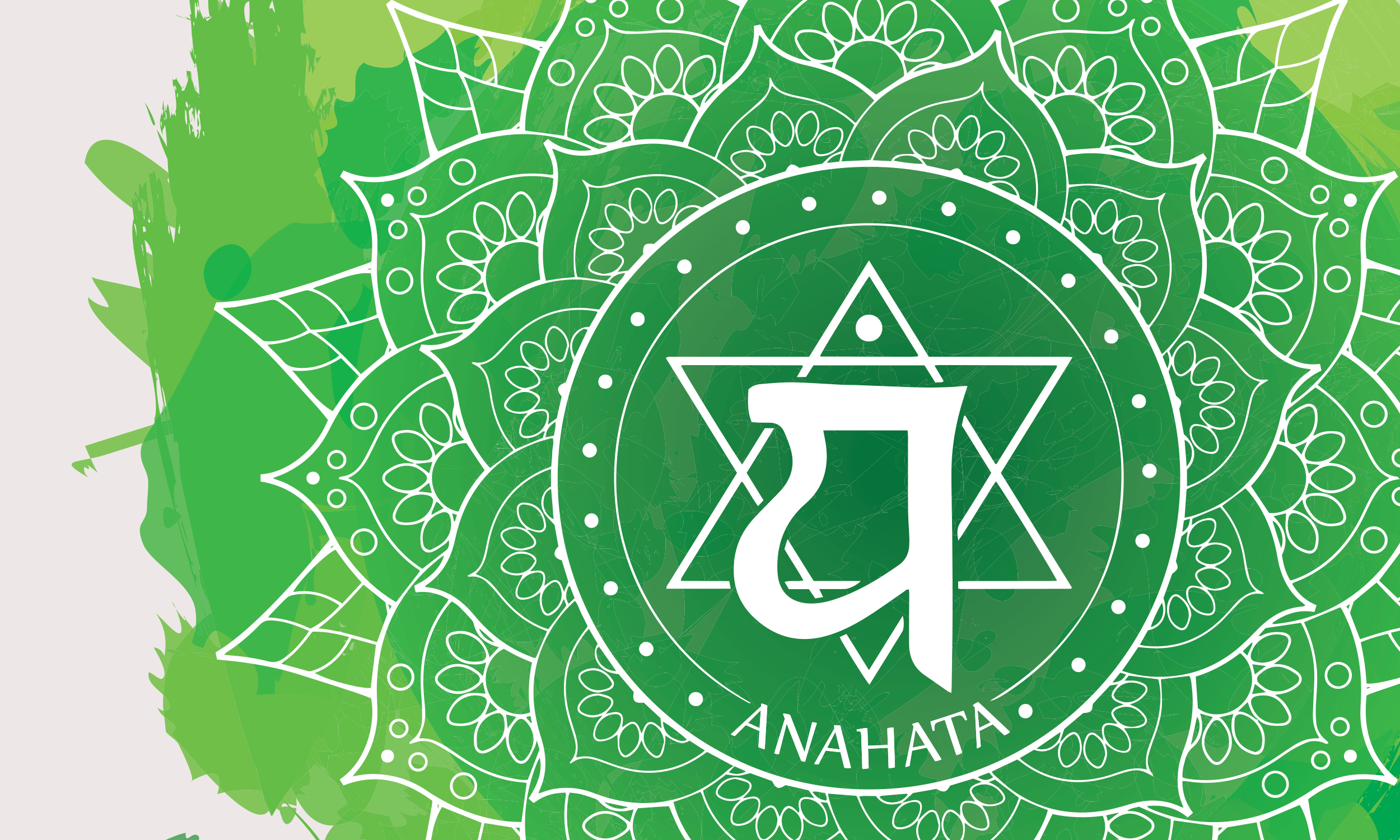I LOVE
Gratitude. Forgiveness. Self-Acceptance.
Anahata, meaning “un-struck,” is the pulsating core of unconditional love, compassion, and profound empathy.

Anahata, meaning “un-struck,” is the pulsating core of unconditional love, compassion, and profound empathy.
The Heart Chakra is a celestial reservoir of love and compassion that lays nestled next to your physical heart, nestled in the middle of your chest along your spine. It is the sanctuary that governs emotions of love, compassion, and a sense of belonging. More than just emotional well-being, it physiologically nurtures your heart, lungs, shoulders, arms, hands, and your upper torso.
The Heart Chakra symbol of 12 petals manifests the 12 virtuous traits of love, peace, kindness, patience, joy, harmony, clarity, compassion, purity, understanding, forgiveness, and bliss. An upward triangle epitomizing yang energy, masculine and Shiva, intersects with a downward triangle embodying yin energy, feminine, and Shakti. The result is the Merkaba, a double tetrahedron star at the heart chakra’s center, embodying the yin-yang balance and the ascension from the lower to upper chakras.
Color:
Note:
Glands:
Mudras:
Element:
Obstacle:
Sense:
Physical Symptoms:
Emotional Symptoms:
Mental Symptoms:
Spiritual Symptoms:
Associated With:
Chakra Development:
When Balanced:
When Underactive:
When Overactive:
Causes of Blocks:
Chakra Traumas:
To learn more about open, closed, and blocked Chakra states, check out our Chakra Overview post: Understanding the Chakra System: A Comprehensive Overview.
Leave a Reply